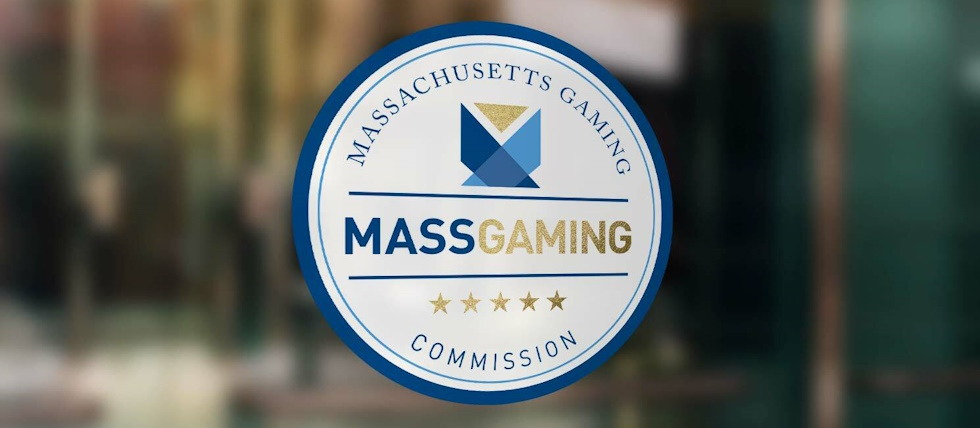PHAI Sues Massachusetts Gaming Commission over Casino Data Access
The Public Health Advocacy Institute (PHAI) has filed a lawsuit against the Massachusetts Gaming Commission (MGC) claiming that the regulator has failed to comply with state gaming legislation.

Filed in Suffolk Superior Court, PHAI’s lawsuit alleges that the MGC has neglected its obligations under the 2011 Expanded Gaming Act. The act requires the Commission to collect anonymized data on gambling behaviors in state casinos and share it with researchers to better understand the health implications of gambling in Massachusetts.
According to PHAI, the MGC’s failure to provide this data is holding back important research on gambling addiction and broader health impacts across the state.
Data Key to Understanding Dangerous Gambling Habits
PHAI, an organization that makes use of the law to aid public health, argues that the data is necessary for identifying and mitigating risky gambling behavior. The organization claims that such data allows researchers to study gambling patterns, assess addiction risks, and inform policy adjustments.
Despite the 2011 law, PHAI asserts that the MGC has yet to deliver on its data-sharing commitment and as a result, is depriving policymakers and public health experts of valuable insights into the potential harms of casino gambling.
Not only should this casino data have been made available years ago, but this is exactly the kind of data requirement that should be imposed on sports gambling, which has exploded here in the past 20 months. At PHAI, we look forward to working with the Massachusetts legislature to ensure that a similar statutory obligation is imposed on sports gambling operators here in the Commonwealth.
More Regulation News
Delays Hindering Efforts to Address Gambling-Related Harm
According to PHAI’s filing, Massachusetts was an early leader in requiring the collection of gambling data but despite this, the MGC has failed to do so, leaving the public and lawmakers without information that could help shape policy decisions. The PHAI’s Executive Director, Mark Gottlieb, said that the continued delay by the MGA is hindering efforts to combat gambling-related harms.
The MGC has acknowledged delays in data collection and blamed issues such as the COVID-19 pandemic. Mark Vander Linden, the Commission’s director of Research and Responsible Gaming, recently informed the MGC that they are working to secure a provider to anonymize and manage the data, and expect to have done so by December 1.
RELATED TOPICS: Regulation
Most Read
Must Read
 Interviews
Interviews








Review this New Post
Leave a Comment
User Comments
Comments for PHAI Sues Massachusetts Gaming Commission over Casino Data Access